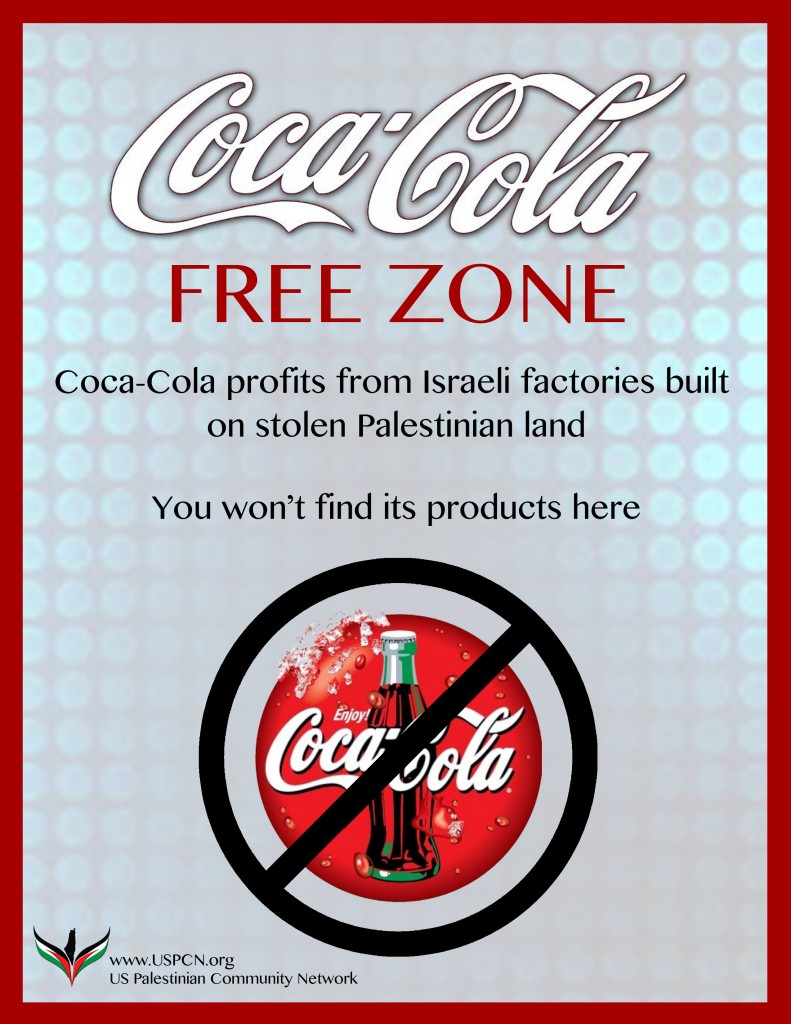*NOTE: this translated piece was originally published in Arabic by Dar Alhaya. You can read it here.
May November 29th be a Day of Struggle Against Racism, Fascism, and Ethnic Cleansing
You don’t need to read Arabic to be able to predict who the Palestinian is and who the Arab rulers are in this brilliantly drawn cartoon by Naji Al Ali, making his case with a simple arithmetical equation of “365-1,” which he says is equal to “364 days of conspiracy against the Palestinian people.”
The single day that Al Ali subtracted from the rest of the days of the year in his political cartoon is November 29th, the International Day of Solidarity with the Palestinian People, which was adopted as a General Assembly Resolution by the United Nations (UN) in 1977, at a time when the Palestinian struggle against Israeli colonization and occupation was rapidly gaining recognition all over the world, as evidenced by increasing instances of popular and official state support.
Like today, Palestinians in 1977 faced various challenges targeting their existence, their identity, and the legitimacy of their struggle for a life of dignity free from exploitation, ethnic cleansing, occupation, and restriction of movement in their own homeland.
The inauguration of this day of solidarity was the culmination of successive recognitions of the right of the Palestinian people to self-determination, including UN General Assembly Resolution 3379, which asserted that Zionism is a form of racism. By committing to an international day of solidarity, many movements, organizations, and states could contribute to the cause of Palestine’s quest for freedom and independence.
Unfortunately, the challenges faced by the Palestinian people only worsened immediately after 1977, whether through the normalization of Arab state peace treaties and other agreements with their powerful colonizer, or through the siege on their legitimate resistance, forcing the Palestine Liberation Organization (PLO) out of Beirut in 1982. That marked the beginning of a vicious campaign against the Palestinian national presence, evidenced by the massacre of Palestinians at the Sabra and Shatila refugee camps.
This is not a historical account of what happened since, as much as it is an outline of many significant developments that foreshadowed the future attempts to obliterate the Palestinian cause by both the denial of their rights and the annihilation of their Arab national identity. Even now we see the punishment of anyone who stands with or expresses solidarity with the Palestinian struggle and emphasizes its centrality to global justice.
The importance of November 29th at this historical moment has become more clear than ever, as the challenges facing the Palestinians, along with the millions of struggling peoples around the world, have become more dire. Universal peace and justice remain elusive.
Thus, it is necessary to re-draw international and popular attention to the Palestinian people’s struggle for freedom, justice, and liberation, and their fight against racism in all its forms and manifestations.
The year 2020 was no different for Palestinians than for the rest of the oppressed peoples of the world who are suffering from natural disasters such as the COVID-19 pandemic, and unnatural disasters created by the forces of evil and imperialism.
For Palestine and the Palestinians, this year has also presented other challenges, the continuation of intentional killings and arrests, illegal administrative detentions, evictions, home demolitions, and displacement – all at the hands of the occupation state of Israel.
On August 6th, news from Palestine reported that a 15-year-old boy from Jalazone Refugee Camp – detained in Shikma Prison in Israel – is one of many political prisoners who have tested positive for COVID-19.
On August 23th, the Israeli government banned the movement of food and medicine to the Gaza Strip, which has been suffering from a continuous, brual, and inhumane blockade from the land, air, and sea since 2007.
The most recent injustice was on November 6th, when 41 children were among 73 Palestinians displaced after the largest demolition in years in the Bedouin village of Khirbet Homsa in the occupied Jordan Valley.
Despite wishful thinking and unrealistic expectations for the new U.S. President Joe Biden, the negative effects of the Trump administration’s decisions against the Palestinians will have long term repercussions on their daily lives. These include, but are not limited to, transferring the U.S. embassy to Jerusalem and declaring it the capital of the “Jewish state,” giving the green light to the Netanyahu right-wing government to annex the Golan Heights and the Jordan Valley, and continuing the construction of thousands of acres of the internationally-condemned, illegal, colonialist, Israeli-only settlements built on stolen Palestinian land.
In the U.S., the unholy alliance between Christian Zionists, Trump-backed white supremacist groups, and more than 70 million Trump voters has led to the escalation of racism and the feverish pursuit to criminalize the BDS (Boycott, Divestment, Sanctions) movement. Such actions are a clear violation of our constitutionally-protected right to an economic boycott against Israel’s apartheid regime, similar to the divestment campaign against the Apartheid regime of South Africa in the 80s.
During U.S. Secretary of State Pompeo’s recent visit to the region, he reassured the Arab puppets and dictators in the Gulf that their unprecedented and immoral normalization agreements with the ultra-right-wing Netanyahu government of Israel – their betrayal of the Palestinian people’s struggle – would be rewarded financially and militarily. Pompeo also declared once again that opposing Israel and Zionism was equal to anti-Semitism, a shameless attempt to criminalize any and all organizing in the U.S. in support of Palestinian rights. .
Trump’s so-called “deal of the century” was the beginning of this normalization of relations between these Arab puppets and Israel, a complete disregard for the Palestinians’ fight for freedom, justice, and liberation. While Trump will most likely leave office, the impact of his ill foreign policy will remain with us for years to come. Generations will feel the pains if we do not stand up to reverse and defeat these diabolical plans.
Our decades-long activist experience as part of student and other movements in the U.S. that fought resolutely against all forms of injustice in the world (whether in Africa, Latin America, Asia, or the Arab region) makes it necessary to assert our firm belief once again that everyone has a role to play in winning the battle for justice, freedom, and liberation throughout the world.
We realize that the Palestinian struggle is protracted and cannot be won overnight. A lot of resources, time, and concerted effort and commitment are needed to win this struggle and to confront this dangerous right-wing and racist agenda. As the world prepares for this year’s International Day of Solidarity with the Palestinian People, we will re-affirm the centrality of this crucial fight. We will continue to raise awareness of the Palestinian people’s fight for freedom, and urge more people from all walks of lives and grassroot movements to engage in this movement.
It is so inspiring to witness Palestinians march in the streets of major cities across the U.S. today. A new Arab generation, born and raised in exile, is demonstrating shoulder to shoulder with other people of color under the banner of Black Lives Matter. That is only one indication of the strength and solidity of the struggle against hateful racism and for freedom, justice, and liberation. This struggle unites us all, whether in Minneapolis, Chicago, Oakland, Haiti, Venezuela, Iraq, Yemen, or Palestine.
In addition, the new generation of activists in our society can no longer remain silent when liberals who call themselves progressive remain subservient to the ideology and agenda of racist, fascist, and Zionist forces. Indeed, the issue of Palestine is oftentimes used to further marginalize the already marginalized. We are witnessing this today in the campaign to write off and exclude everything related to Palestine and the Arab struggle against colonialism from the California Ethnic Studies Curriculum, which you can learn more about at https://savearabamericanstudies.org/.
The slogan, “Your fight is my fight!” is commendable, but not always easy to apply. For example, it is not enough for a white person to march under the banner of Black Lives Matter without a genuine commitment in their daily life to fight against institutionalized and structural inequality, racism, and white supremacy. Real solidarity requires that we all must stand firmly and transparently while the new generations assume united leadership under the banners of anti-racism and anti-Zionism in all their manifestations.
The new generation has the power to push the struggle to new heights. What the Palestinians need today is not just one day of solidarity with their fight against occupation and colonization. As expressed by our beloved political cartoonist Naji Al-Ali, we cannot reduce solidarity with Palestinians to one day a year full of festivity and fiery speeches, while accepting that the rest of the days of the year are for plotting against, undermining, and marginalizing our people.
November 29th is not a day of celebration, nor is it a day of compassion or verbal sympathy for the Palestinians. It is a day to tangibly participate in the daily battle against colonialism, neocolonialism, and Israel’s settler-colonial state; and to unconditionally join the Palestinian people’s legitimate fight for self-determination, freedom, and independence.
Monadel Herzallah
National Coordinating Committee Member,
USPCN-Bay Area
References:
Khalidi, R. (2020). The Hundred Years War on Palestine: A History of Settler Colonial Conquest and Resistance, 1917-2017. Profile Books.
UN Security Council Resolutions 242 and 338.
UN General Assembly Resolutions 181 and 3379.
![May November 29th be a Day of Struggle Against Racism, Fascism, and Ethnic Cleansing *NOTE: this translated piece was originally published in Arabic by Dar Alhaya. You can read it here. May November 29th be a Day of Struggle Against Racism, Fascism, and Ethnic […]](https://uspcn.org/wp/wp/wp-content/uploads/2020/11/image1-540x300.png)


